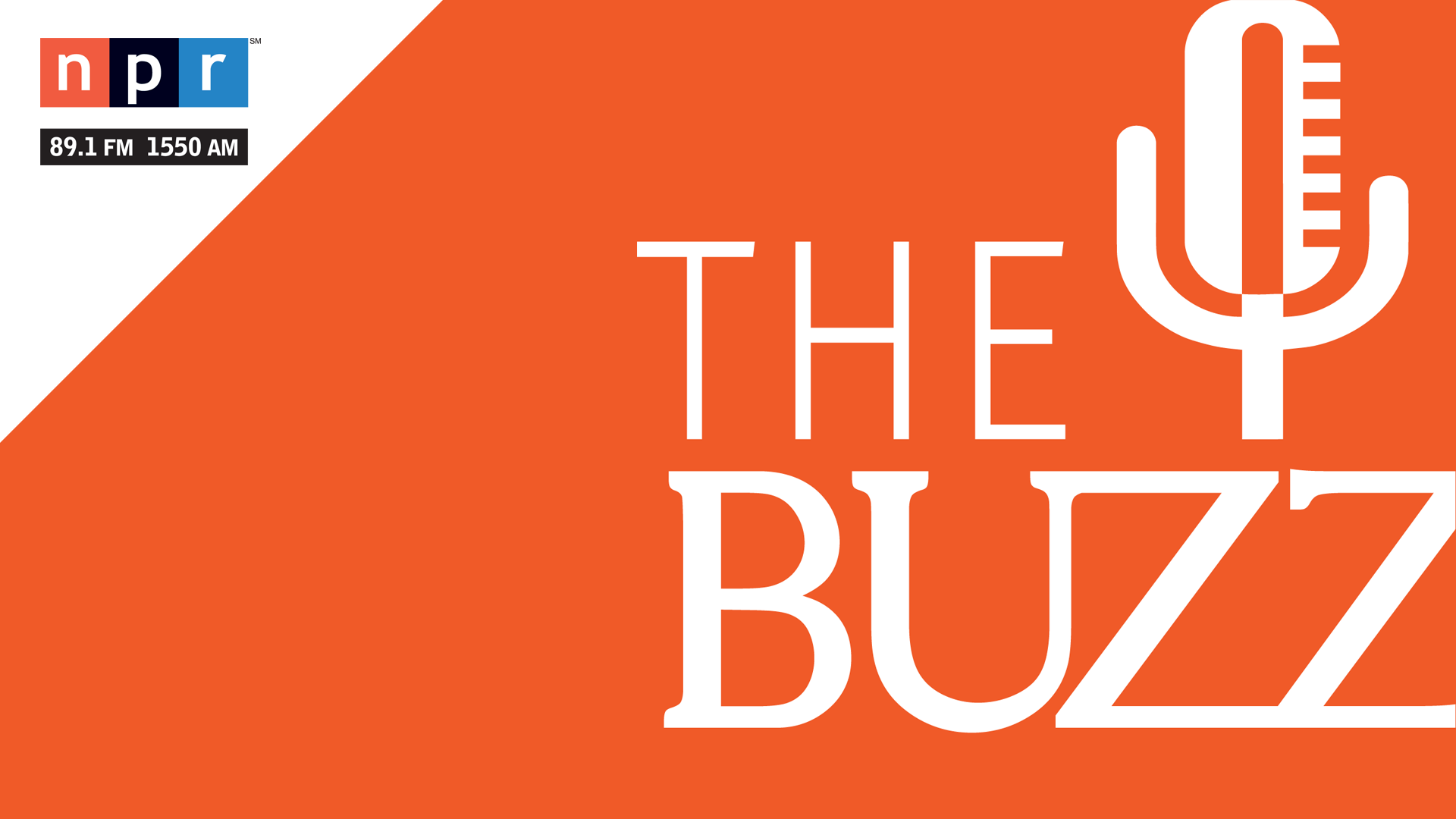 The Buzz airs on NPR 89.1 at 8:30 a.m. and 6:00 p.m. on Fridays, and 3:30 p.m. on Saturdays.
The Buzz airs on NPR 89.1 at 8:30 a.m. and 6:00 p.m. on Fridays, and 3:30 p.m. on Saturdays.
Coronavirus episode 5

As the economic and social impacts of the coronavirus pandemic continue to deepen and spread, some groups are hit harder than others.
The pandemic, and related social distancing and stay at home orders, are challenging, stressful and scary for everyone. But it can be worse for people who already struggle with addiction or preexisting mental health challenges.
Hope Incorporated is a peer- and family-run organization in Tucson and has offered recovery-based community services for over 30 years. The program manager of Hope’s "warmline," Michael Van Story, said that over the past month they have seen a 40% increase in calls, and are helping people find new coping skills during this time.
“With depression and anxiety, their normal coping skills aren’t really helping them through the day, that the severity increases so much that they are panicking more over the fact that they can’t get a hold of or go into their providers as they normally would when they’re having a bad day,” Van Story said.
Van Story said they are encouraging people to get more exercise and emphasizing the importance of staying in touch with friends and family members. But he says that social isolation can be even more dangerous for those in recovery because it increases the severity of symptoms which can lead to new addictions or relapse.
“A lot of people, even though they are addicted and shouldn’t be and it's illegal, and all this, they are going to be cut away from their supplier or have to cut down, and that is going to increase their detox. And put it this way: It’s not the healthiest way to quit,” he said. “Their mental health is going to take a toll and probably just add more trauma to their background and give them more reason to abuse.”
Van Story said that it’s crucial for anyone experiencing depression and anxiety right now to have a daily check-in.
Hope's warmline number is 520-770-9909. It is available seven days a week from 8 a.m.-10 p.m. All calls are anonymous, and intakes or assessments are not necessary.
Another support group, Alcoholics Anonymous, is well-known for their robust schedule of in-person meetings. Kathi, who works with AA's Tucson chapter, said that there are still over a dozen virtual meetings a day being held for people in the Tucson area. There are also AA workshops available online.
“For the most part, groups right away got right on board with doing video meetings,” Kathi said. Though the online groups cannot replicate the physical contact that sometimes takes place in AA meetings, like hugs, Kathi said that the online meetings have allowed for people to connect across state lines.
“I think it’ll really open the door to people who are homebound, loners, remote communities,” she said. More information about local AA meetings is available at aatucson.org and on the AA meeting guide app. People can also call 520-624-4183 to reach the Tucson AA office.
The stay-at-home order, remote work, and social distancing mean many Arizonans are spending much more time at home than usual. But as the pandemic causes increased stress around finances, jobs, and personal relationships, for some, home may not be the safest place.
Tasha Menaker is the co-chief executive officer of the Arizona Coalition to End Sexual and Domestic Violence.
“While we suspect more domestic violence is happening in homes as a result of the stay at home order and social distancing, some programs have seen an increase in calls,” Menaker told The Buzz. “Others have actually seen a decrease.”
She said the decrease could be because survivors cannot access a phone or do not know what programs are open. For the most part shelters and other programs are still open, as they are considered essential services.
The coalition's members are now working from home and taking extra steps to ensure the privacy of survivors who call in. The educational programs that the coalition runs have also moved online.
The Arizona Coalition to End Sexual and Domestic Violence helpline can be reached at 800-782-6400. More resources, including how to help others who may be in unsafe situations, are available on their website.
For the elderly, some of whom depend on programs like meal assistance and home care, the coronavirus adds additional complications.
W. Mark Clark is the president and CEO of the Pima Council on Aging, a nonprofit group that provides information and services to elderly people and their caregivers. He said the COVID-19 crisis has not stopped his group from doing their work, like running the local Meals on Wheels Program.
“We’re doing essentially almost everything we were doing before the epidemic struck,” Clark said. However, there is another aspect of aging that is harder to address: social isolation among older adults.
In addition to feelings of loneliness, social isolation is related to several physical conditions, like heart disease, high blood pressure and a weakened immune system, according to the National Institute on Aging. Those can also be contributing factors to complications from COVID-19.
Healthy, younger people with free time on their hands can join a network of neighborhood support groups, like the Neighbors Care Alliance.
But even simple things, like a friendly wave, or phone call to see how someone is doing, are a great start.
“I’ve seen more of my neighbors in the last three weeks than I have in the last year.” Clark said. “So staying in touch with folks, I think, is very important.”
Those interested in the council’s services can visit its website or call their helpline at 520-790-7262.
Businesses all over Pima County are figuring out how they can keep themselves afloat and help the community during the pandemic.
Nicole Dahl is the creative director of Hotel McCoy, which she described as Tucson’s first art hotel. The hotel serves as a commission-free gallery, with local art in the rooms and lobby. Dahl said when the pandemic hit, they wanted to take care of their employees first.
“The leadership of Hotel McCoy and the investors got together and committed to every employee that if they were displaced by that virus economically, that they would have a free place to stay at the hotel as well as daily breakfast for them to take home to their family,” Dahl said.
They then turned their attention to artists, musicians and hospitality workers who might have lost income or housing due to the pandemic.
She said the hotel was also looking for ways to pivot and stay in business. So they created a program to offer low-cost, long-term rentals of their 21 kitchen studios to artists, musicians, and hospitality workers in need. In addition, grants are available to further lower that cost for some people.
People interested in Hotel McCoy's rental program can email nicole@hotelmccoy.com.



By submitting your comments, you hereby give AZPM the right to post your comments and potentially use them in any other form of media operated by this institution.